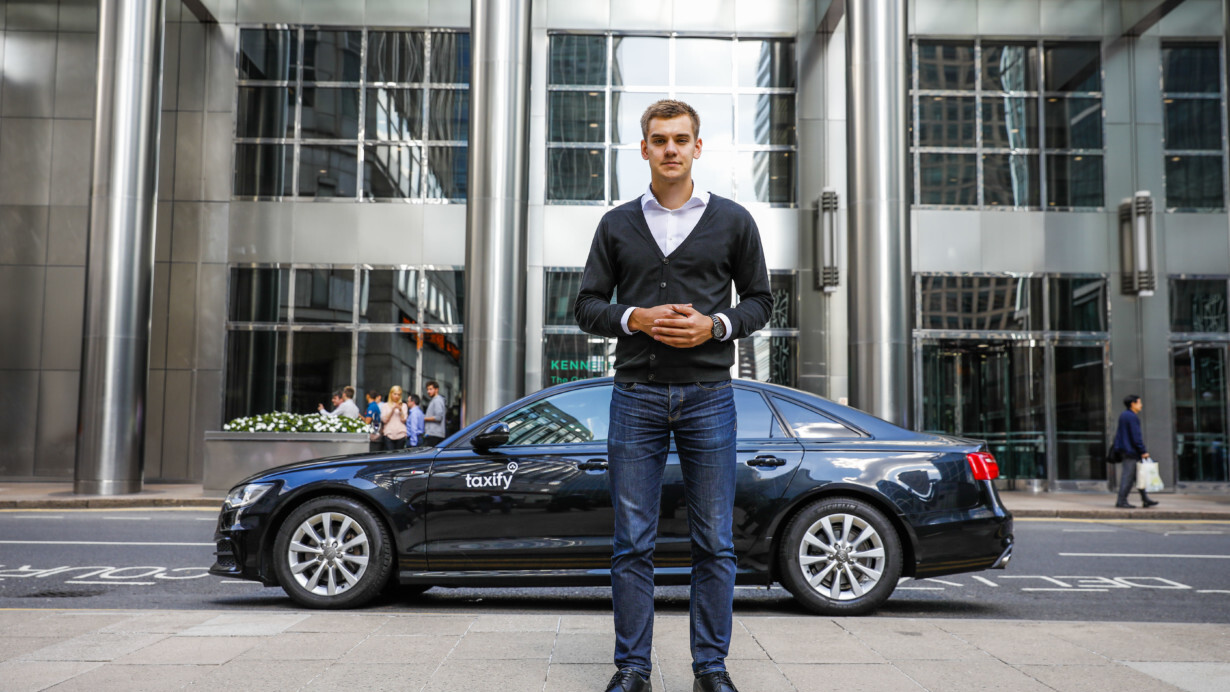
It’s hard to overstate the success of Uber in London. In just a few years, it’s turned the iconic black hackney cab, which once roamed London’s streets unopposed, into a near-threatened species. But is its reign about to come to an end?
Enter Taxify. This Estonian ridesharing firm has already made significant inroads into several markets, particularly in Africa, and now it’s cast an eye to Britain’s capital. The service launches on Tuesday morning, and the company says it has already attracted several thousand drivers to the platform.
Taxify is trying to position itself as being like Uber, but different. For example, riders can pay with cash, as well as through a pre-registered credit or debit card. The company also says that it’s cheaper, not just for the consumer but also for the driver.
While Uber eats as much as 30-percent of the driver’s income, Taxify will take a comparatively modest 15-percent. Drivers will love that, but will it make them switch, especially considering the majority of customers live in the Uber world? I’m not sure.
Similarly, it says that because it takes less of a cut, consumers will ultimately pay less. That’s undeniably attractive, but I do wonder if it’ll be enough to bring punters to the table. Its biggest problem is Uber has a significantly larger inventory of drivers, and customers choosing to patronise Taxify will likely have to wait longer to get a ride. Uber’s value proposition is largely centered around convenience, after all. People want to get home, or to the airport or train station or whatever, as soon as possible. Cost just isn’t important; hence the existence of surge pricing.
I feel like no matter how attractive Taxify’s offering is, it still suffers from a chicken and egg problem, and I just don’t see how it can overcome it. Especially when you consider how much Uber spent on cementing its position in London. Uber’s cost of customer acquisition is believed to be astronomical. That’s why, despite not actually owning any cars, or having any of the overheads of traditional taxi firms, it’s billions in the red.
It’s also worth mentioning that other London-based Uber rivals have struggled. Anyone remember Karhoo, for example?
That said, perhaps I’m wrong. It just closed a funding round, and although the total amount wasn’t disclosed, we do know that Didi Chuxing was the lead investor. Didi Chuxing effectively pushed Uber out of the Chinese market, so suffice to say it has some experience in this area.
And it’s got some pretty impressive deals during the month of September. Surge pricing is suspended, and rides are discounted by a ridiculous 50-percent. I assume Didi will be the one footing the bill here, otherwise I have to question its driver-friendly credentials.
Get the TNW newsletter
Get the most important tech news in your inbox each week.





